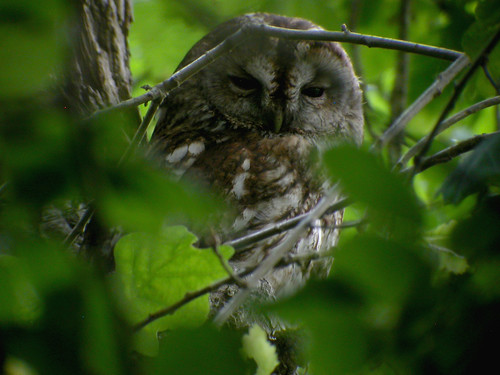When I saw they were putting on Troilus and Cressida I thought it was about time I finally got round to seeing some Shakespeare at the Globe; previously the only thing I’d seen there was, randomly enough, a play about the writing of the US constitution.
I was about to say that Troilus and Cressida was one of favourite Shakespeare plays, but actually that’s putting it too strongly. It did make a particular impression on me when I read it, though: it’s funny and cynical and just interesting as a piece of literature.
The cynical/satirical aspect of it was probably particularly striking for me at the time because I must have read it fairly soon after reading Chaucer’s version, Troilus and Criseyde. Chaucer presents the story as a grand courtly romance; the telling of it is not without humour, but it is ultimately a serious story of love and loss and betrayal.
Troilus and Cressida is much more ambiguous, and there’s an interesting argument to be had about what exactly Shakespeare meant by it, but one thing it clearly isn’t is a grand romantic epic. One early edition of Shakespeare classified it with the histories, although it isn’t historical; another with the tragedies, although it doesn’t end with Troilus and Cressida lying dead among a heap of corpses either. Mind you, I suspect you could make an argument that that single editorial decision, 400 years ago, to divide the plays into three genres has been hugely unhelpful to our understanding of them.
For those of you who don’t know the play, it is set during the Trojan War and intertwines two stories: on the Trojan side, Troilus’s attempts to seduce Cressida, using her uncle Pandarus as a go-between, while in the Greek camp, Achilles is sulking in his tent and the Greek generals are trying to get him to start fighting again.
The Greek side of the story is unavoidably cynical: the generals treat Achilles and Ajax as useful idiots, tools to be manipulated into fighting. Ajax clearly is an idiot, Achilles slightly less so. The generals themselves are not much better. Agamemnon is given an opening speech of startling pomposity, in such a high style that it is completely opaque, Nestor is one of Shakespeare’s long-winded old men, and Ulysses is a scheming, manipulative cynic. When Achilles finally does come out to fight, he finds Hector unarmed and sets his men on him to kill him in cold blood, then takes the credit.
The programme for the Globe production made the plausible claim that T&C, which was previously largely neglected, has become more popular in the C20th because, since the Great War in particular, that kind of cynicism about the idea of military heroism has become more acceptable to us. And they played it for all the dark humour you might expect.
What surprised me a bit, though, was the treatment of the Troilus and Cressida part of the story, which was played relatively straight; they did their best to wring some emotion from it and give it the star-crossed lovers vibe. I have to say I didn’t read it that way on the page; their relationship consists of one night in bed, arranged by her uncle, and she is being unfaithful to him within 24 hours of being sent over to the Greek camp. There is never a hint of marriage, which is unsurprising in the medieval version but very unusual in Shakespeare. Yes there is some high-flown lovers’ rhetoric, but it is constantly undercut by the busy-bodying and innuendo of Pandarus. Even at their first expressions of love, she admits to having played hard to get and then worries that by admitting it she will have lost power over him — not the profoundest kind of deceit but not exactly Romeo and Juliet either.
For me, just as the war parts of the play read as a parody of the grand heroic style of Homer and of medieval chivalric romance, the love story is a parody of medieval romance — or indeed of Romeo and Juliet.
Anyway. Questions of interpretation aside, I did enjoy the production. One of the nice things about the Globe is seeing theatre performed without the aid of lighting, amplified music and elaborate mechanised sets: just performers on a fairly plain stage in daylight having to hold the audience by, you know, acting.
Matthew Kelly played a rather camp Pandarus with a bit of a thing for Troilus, which I thought worked well to provide some explanation as to why he was setting him up with his niece. And it fitted in with the general homoeroticism of all those buff, bare-chested Greek warriors, and the possible relationship between Achilles and Patroclus.
Thersites, the fool character who spends the play providing barbed commentary on the action, was played rather too broadly as a clown for my taste. It wouldn’t surprise me if the clowns and fools gave pretty broad performances in Shakespeare’s time as well — the fact that they were treated as specialist roles certainly suggests it — but I find I have a limited tolerance for gurning.
The battle scenes were a bit laboured, but I don’t know if there’s a simple solution to that, given that you don’t want the actors to actually hurt each other. I also went to see the play early in the run, and the sword-swinging may start looking a bit more natural when they’ve spent more time doing it.



